With 232 pages and an expanded 12″ by 12″ format, our biggest print issue yet celebrates the people, places, music, and art of our hometown, including cover features on David Lynch, Nipsey Hussle, Syd, and Phoebe Bridgers’ Saddest Factory Records, plus Brian Wilson, Cuco, Ty Segall, Lord Huron, Remi Wolf, The Doors, the art of RISK, Taz, Estevan Oriol, Kii Arens, and Edward Colver, and so much more.




Photo by Michael Muller. Image design by Gene Bresler at Catch Light Digital. Cobver design by Jerome Curchod.
Phoebe Bridgers makeup: Jenna Nelson (using Smashbox Cosmetics)
Phoebe Bridgers hair: Lauren Palmer-Smith
MUNA hair/makeup: Caitlin Wronski
The Los Angeles Issue

Saintseneca, Highwallow & Supermoon Songs
The cosmic Ohio band’s sprawling fifth album represents the best of the late-’00s indie-folk scene, with Zac Little proving that he very much earns his suspenders.
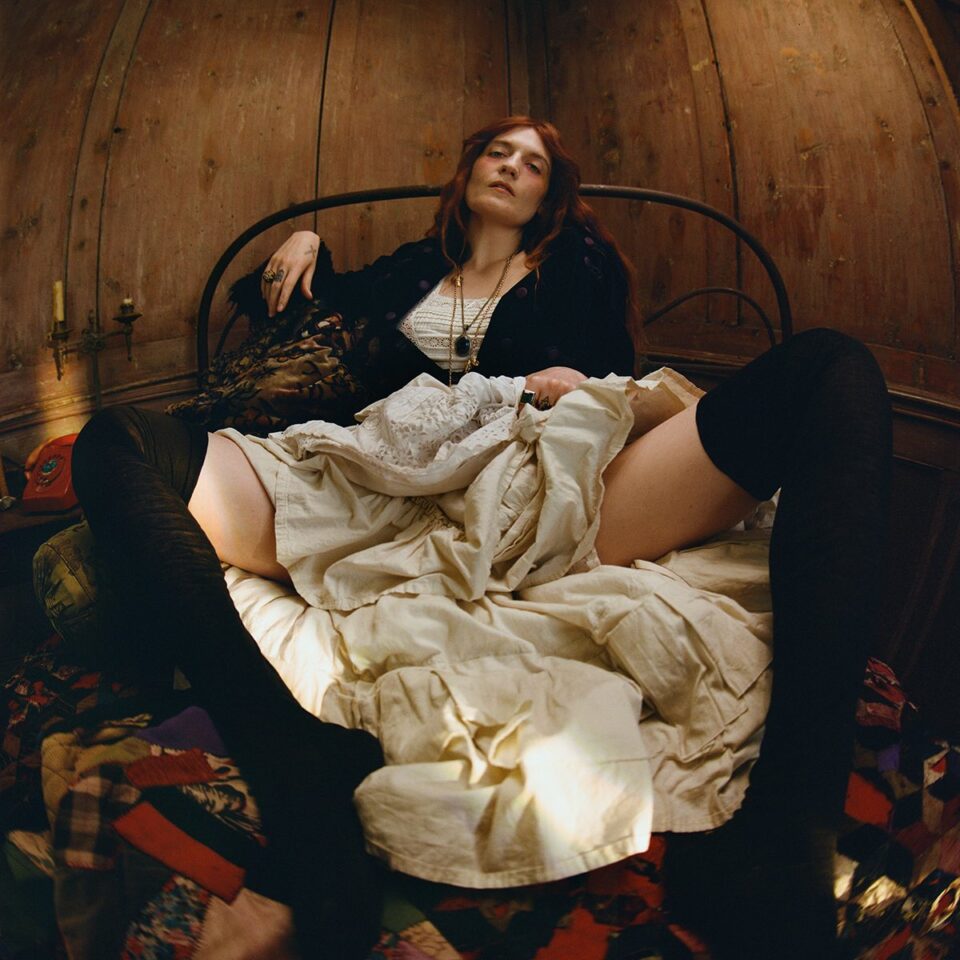
Florence + the Machine, Everybody Scream
After recent big swings across the pop plate, Florence Welch’s gothic sixth album gets cerebral and probing as the songwriter proves herself to be more in touch with her emotions.

Chat Pile & Hayden Pedigo, In the Earth Again
Destruction and decay may be the themes explored by the unlikely collaboration of a noise-rock band and a folk guitarist, but instrumentally, they make it sound beautiful, lush, and gentle.
A.D. Amorosi

The UK-via-NJ songwriter’s blackly comic neo-chamber-pop missive on sobriety still manages to speak to the upbeat without a snip of excess emotion.
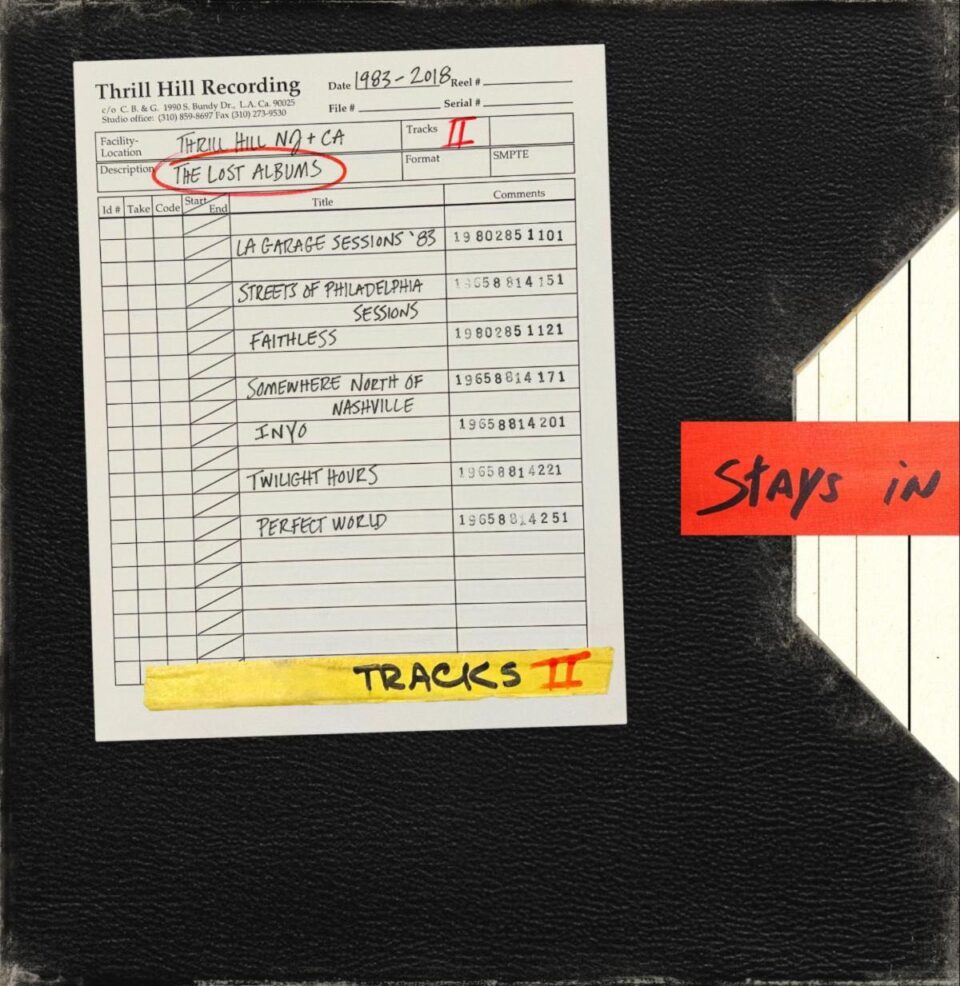
This new box breaks down seven well-framed sets of sessions spanning 1983 to 2018, essentially designed as full-album capsules of mood previously deemed unfit for canonization.
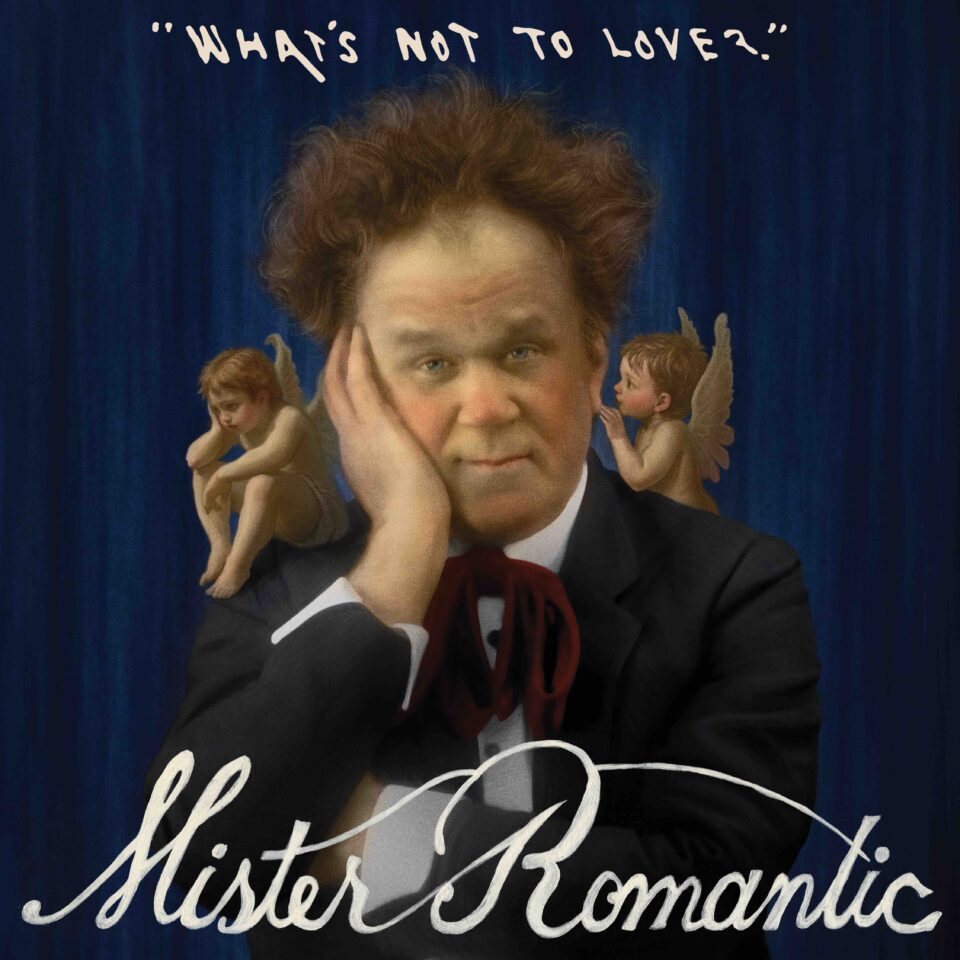
John C. Reilly’s latest role as a lonely vaudevillian singer of Great American Songbook standards sees him unwrap each melody and lyric without irony or snarky dispatch.
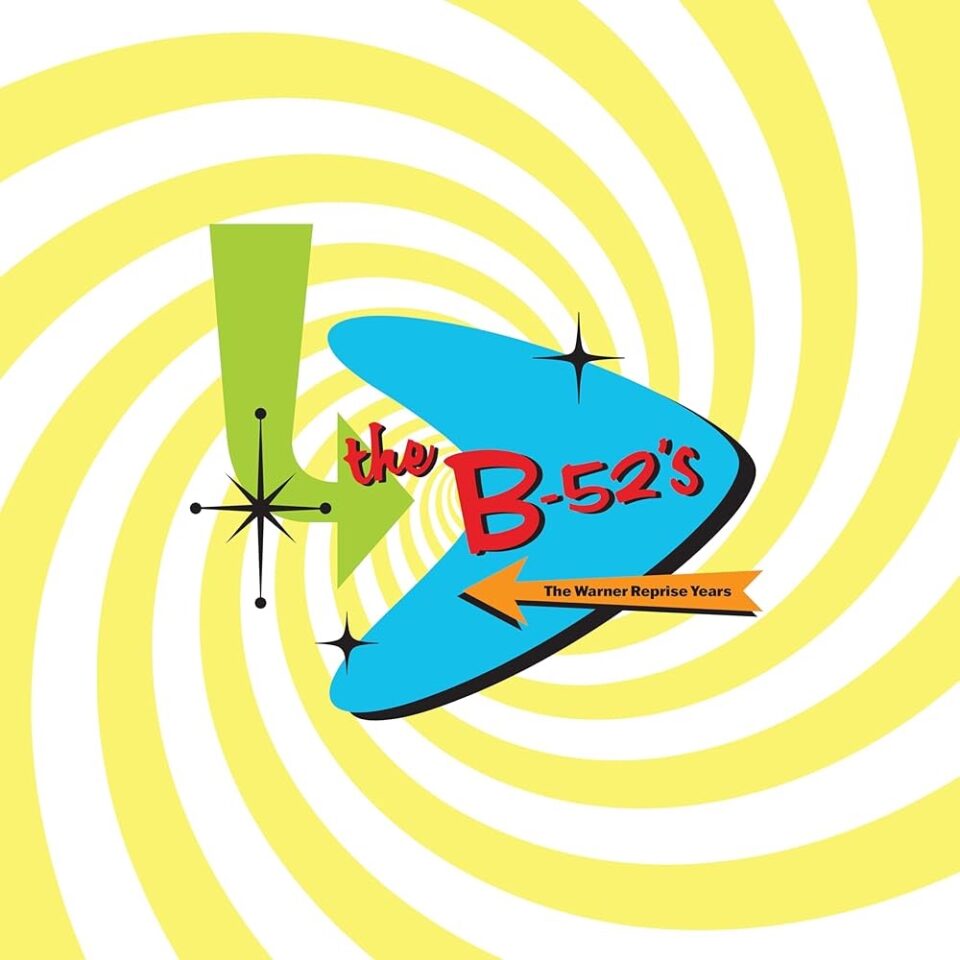
Released in celebration of Pride Month, this repackaging of the Athens new wave icons’ first 13 years of music makes you want to live through their original release dates all over again.
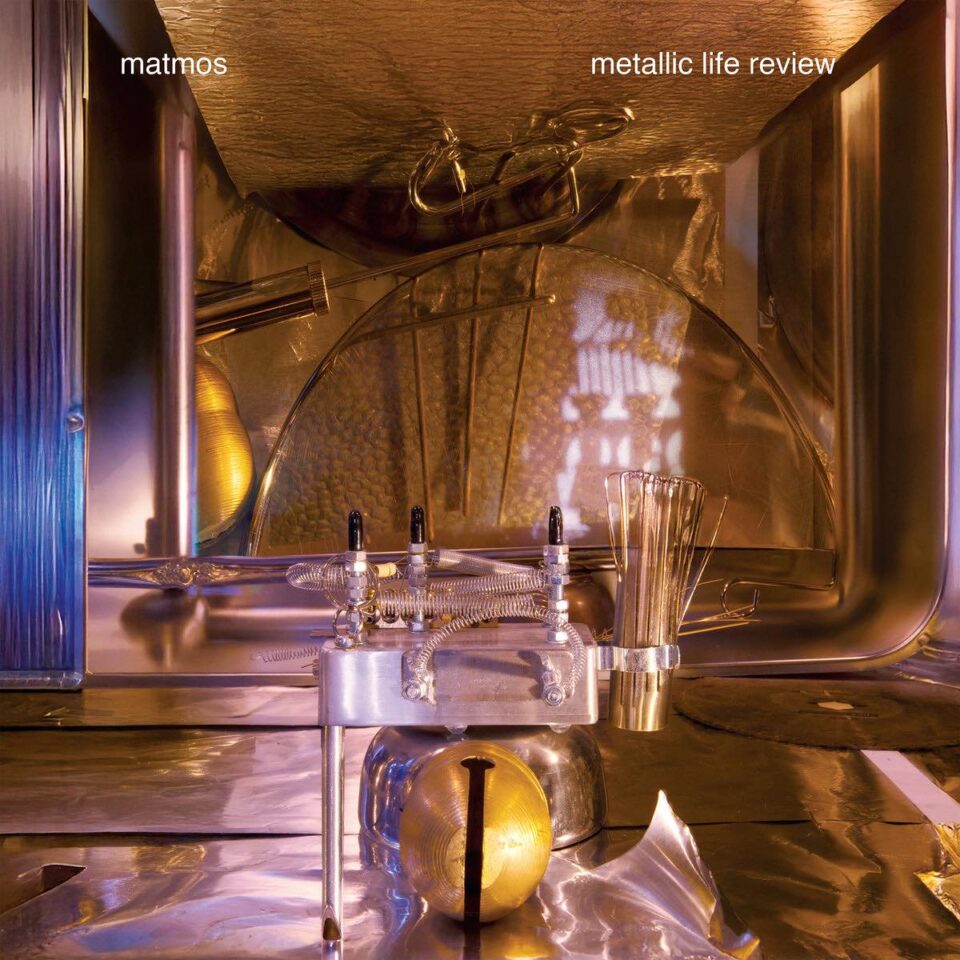
Composed entirely from the vibrations of metal objects, the compact experimental duo’s new anticapitalist allegory is as unique a prospect as a fingerprint.
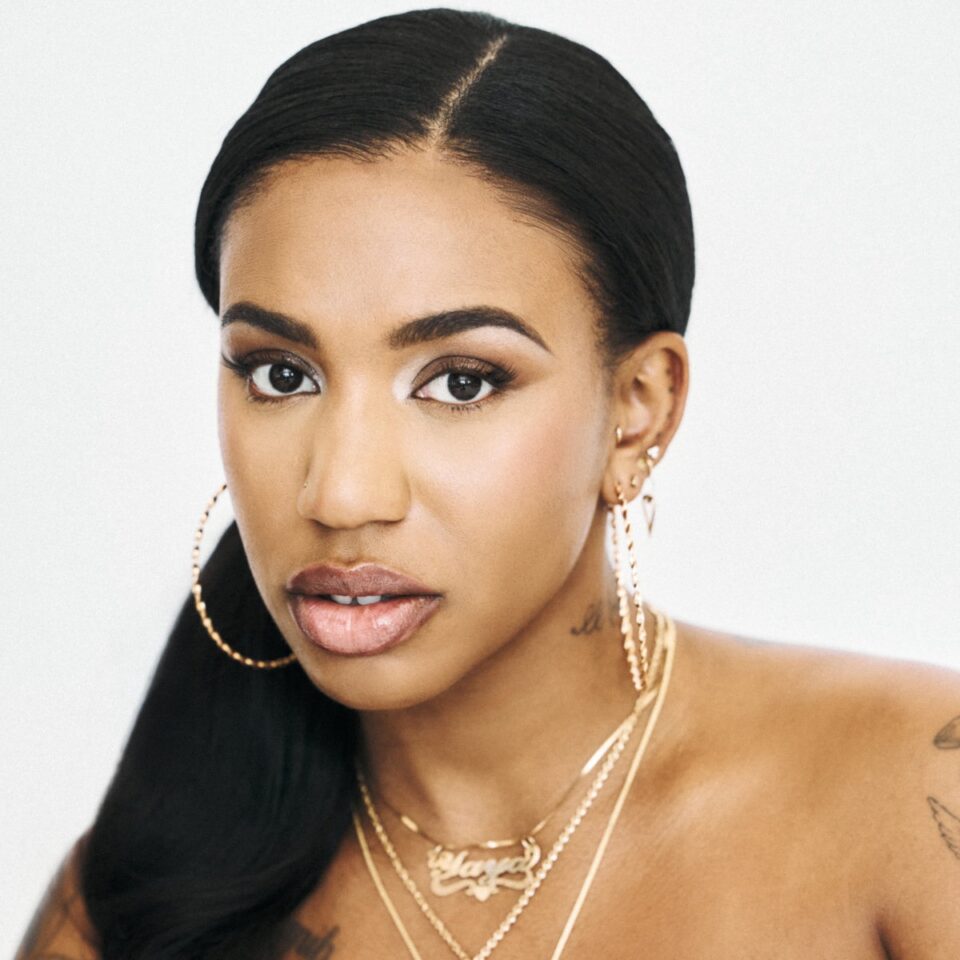
In its 18 brief, blipping songs, the Brooklyn neo-soul artist’s latest venture into old-school rap, acid jazz, soca, and trip-dub is closer to a groove mixtape than a cohesive album.

The Beach Boys co-founder was his own world-builder—a universalist whose visions will never be attempted, let alone replicated.
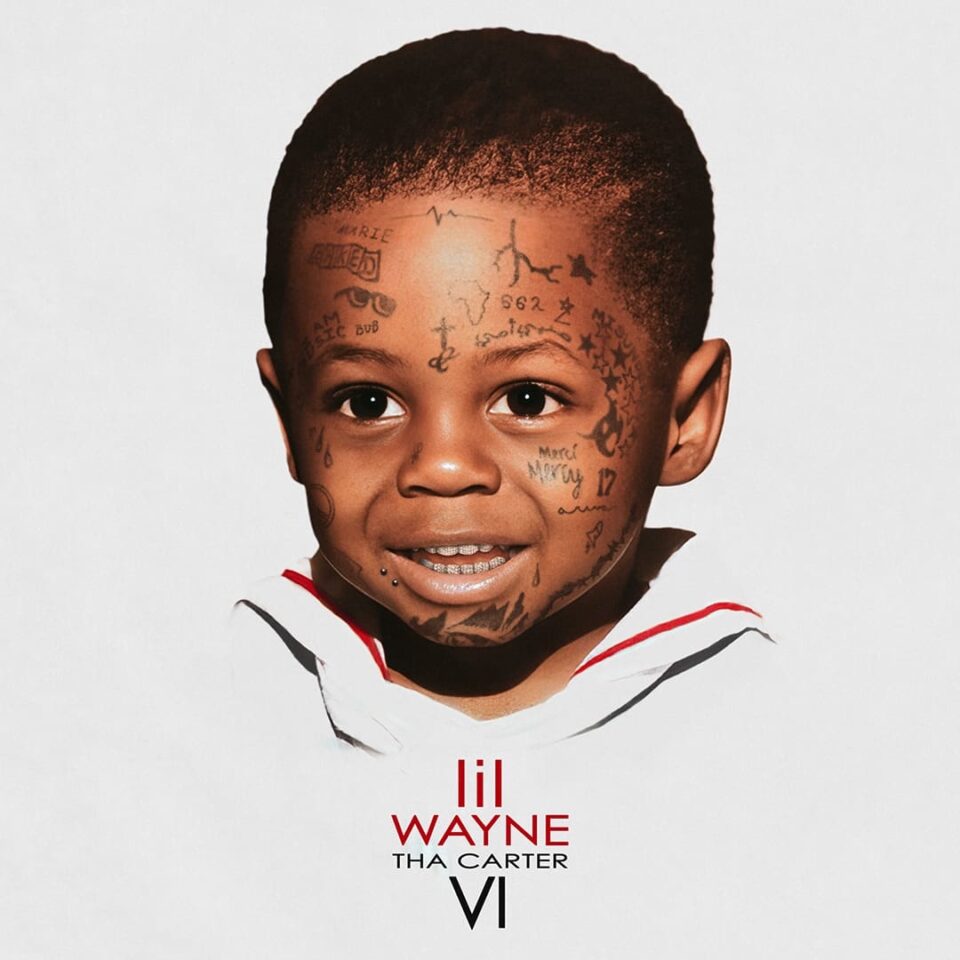
Upholding his fascination with the crunch and snap of shiny alt-rock, Weezy’s sixth chapter of his ongoing soap opera is as eclectic as its list of features might suggest.
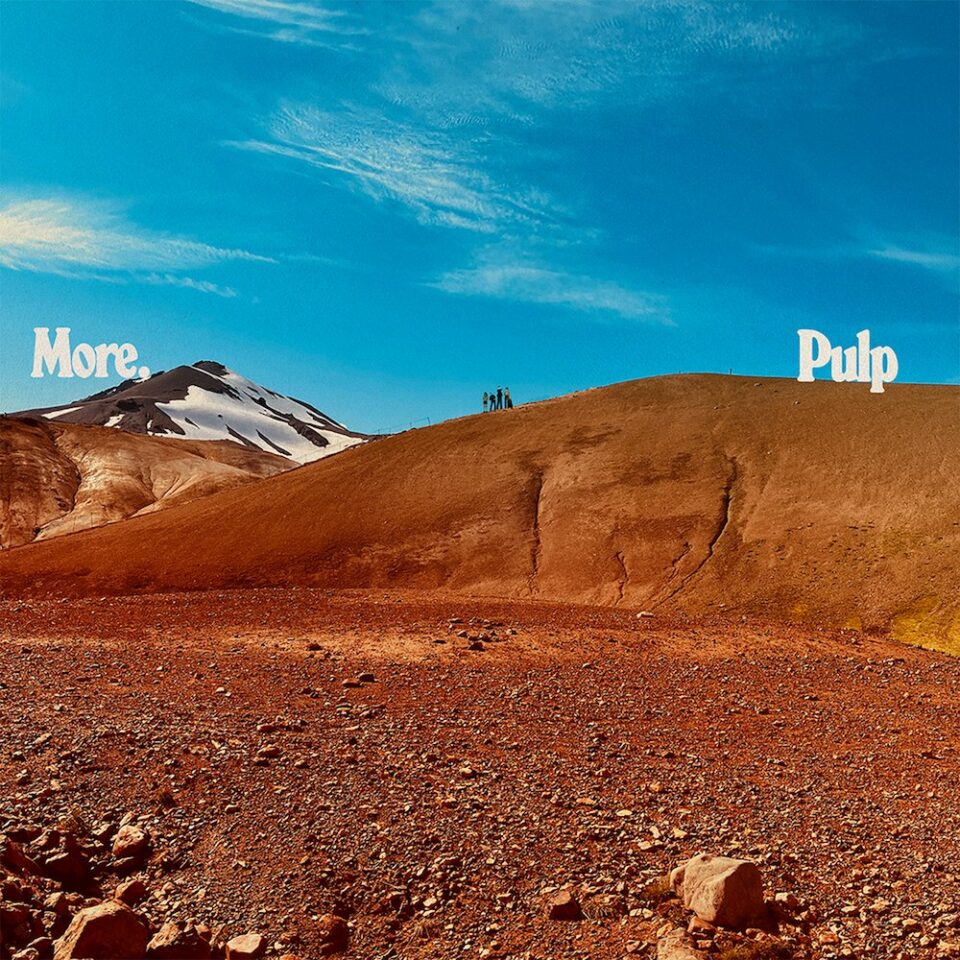
The Sheffield art rock ensemble’s first album in nearly 24 years still maintains their Kinks-y kitchen sink dramatics in opposition to Oasis’ Beatles-like demeanor and Blur’s operatic Who-ness.
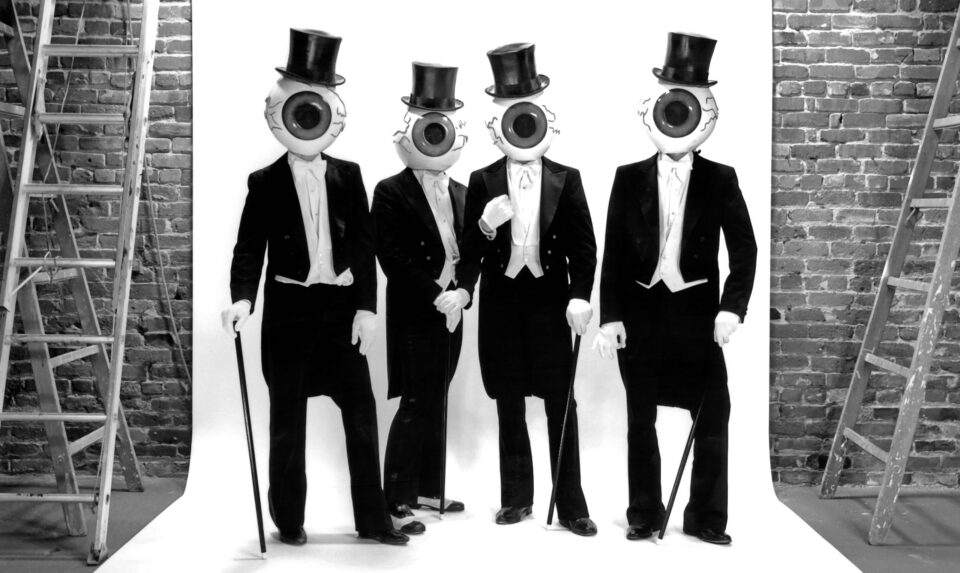
The long-running avant-garde collective will bring their most epic conceptual work to life nearly 50 years after its release at the LA music and arts festival this weekend.
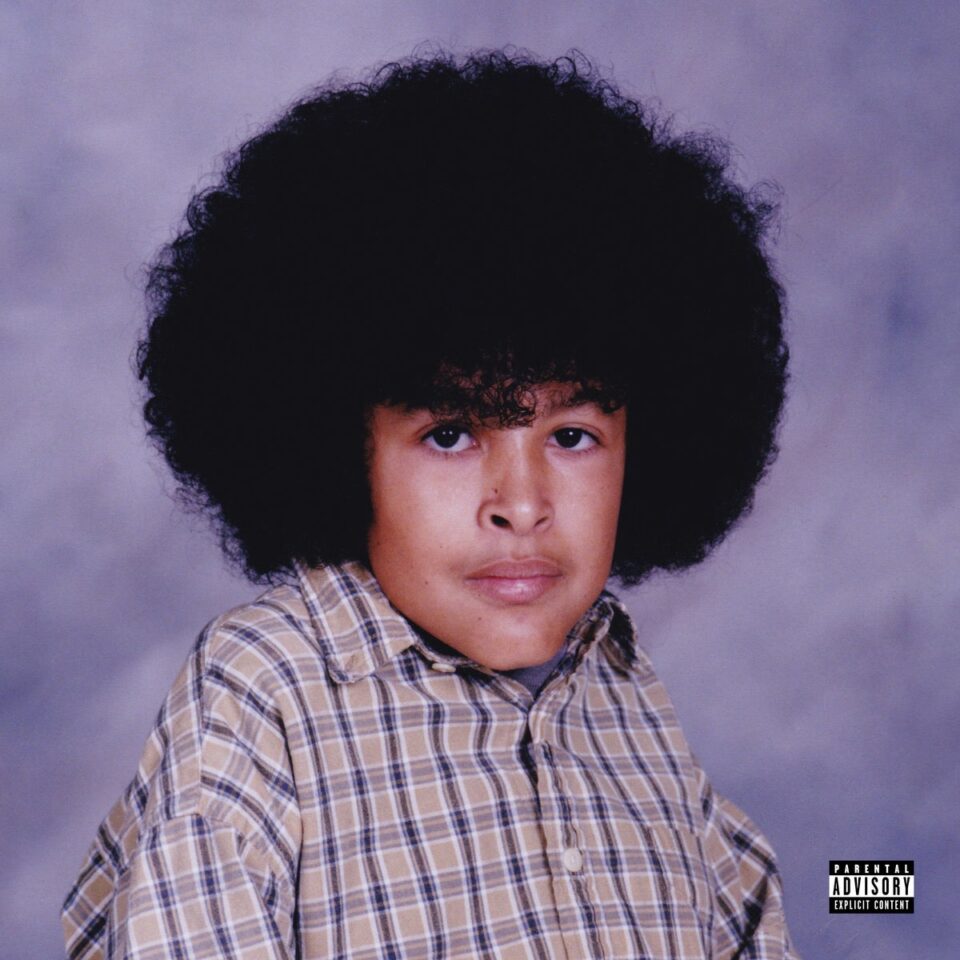
Despite bristling with Matthew Urango’s familiar cotton-candied disco, the late songwriter and activist’s sophomore album also opens the floodgates to everything else he seemed capable of.
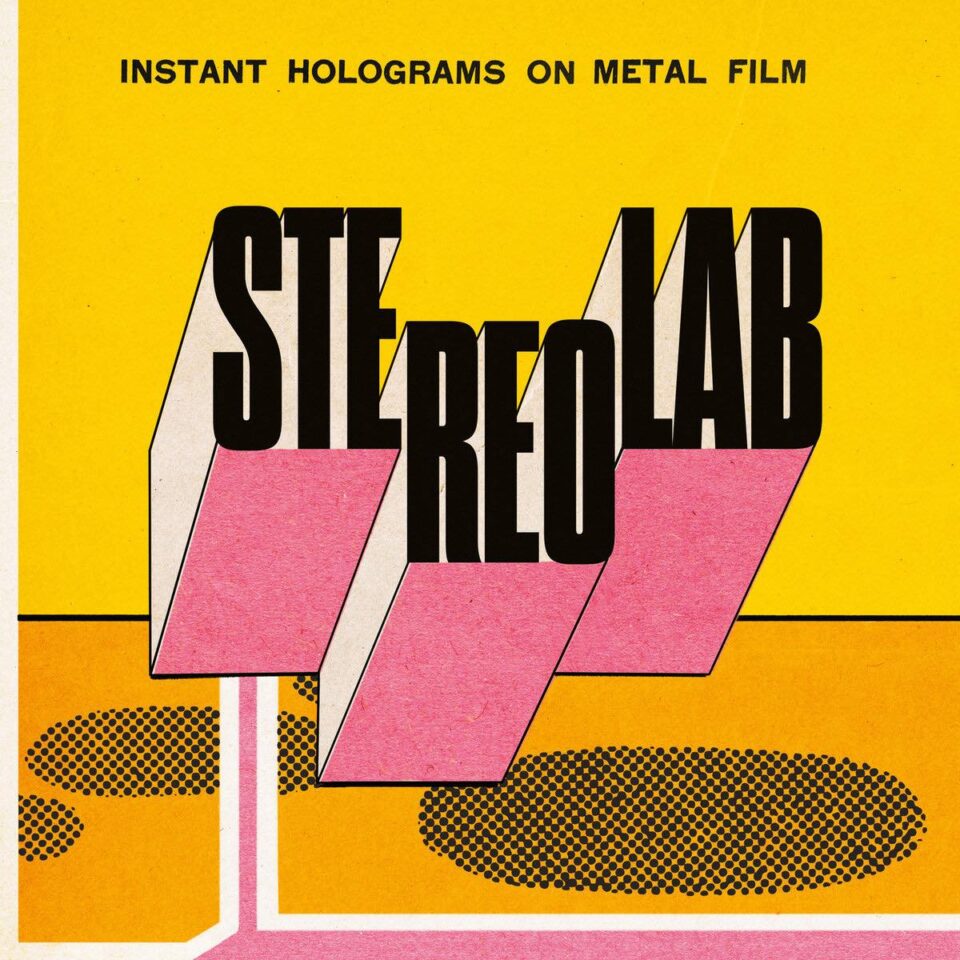
Their first new album in fifteen years spins on an axis of subtly infectious refrains and gently askew rhythms—it’s avant-garde art-pop as something radically old yet experimentally new.
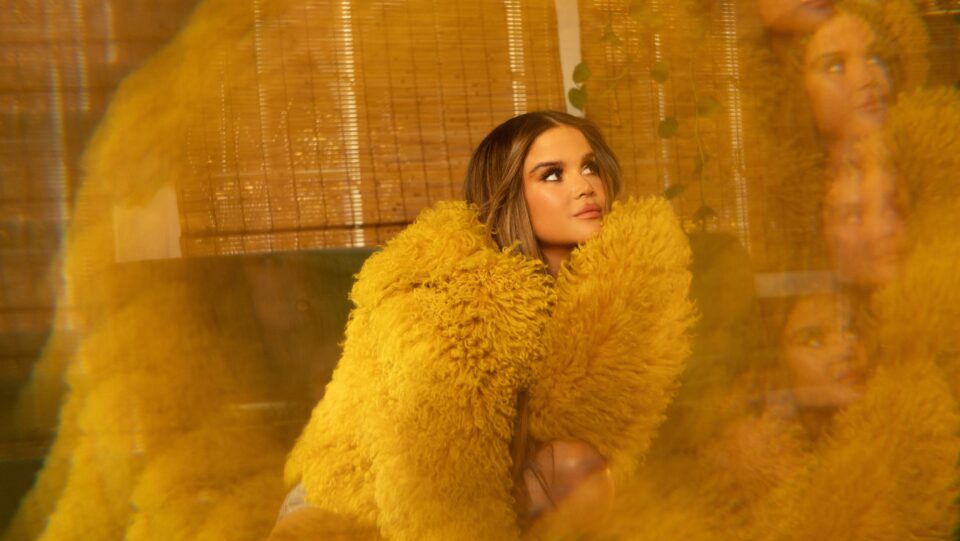
The alt-pop songwriter reflects on her new album D R E A M S I C L E, the life changes that inspired its lyrics, and learning to just be her “messy self” in the studio.

The Mael brothers’ 26th album purrs with sincere longings dedicated to romantic splits, though ultimately remains true to the duo’s idiosyncratic melody and tongue-in-cheek lyricism.
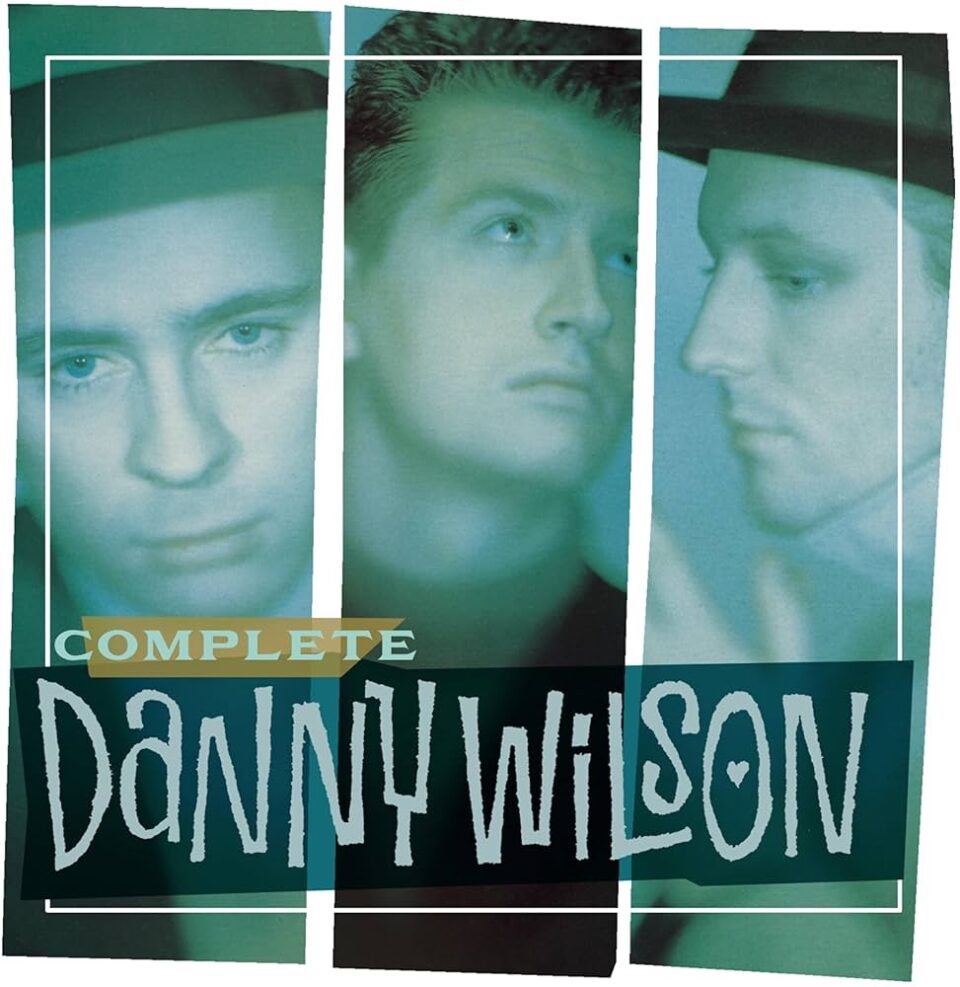
This five-CD box set contains both LPs from the Scottish sophisti-pop trio, along with a wealth of B-sides, rare remixes, and a full disc of live recordings from a 1990 show in London.
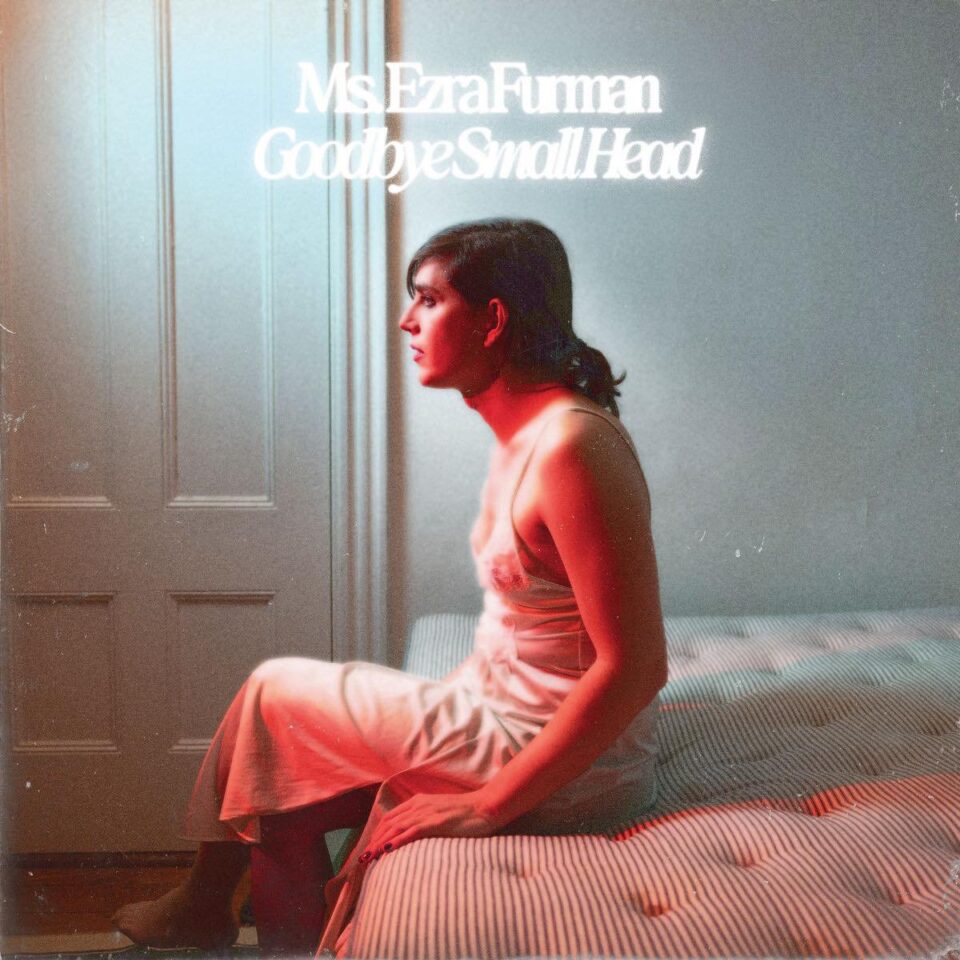
A glitchy folk-punk opera like a pastoral take on Lou Reed’s Berlin, the songwriter’s quivering-yet-empowered latest sees her knocked down—but never knocked out.
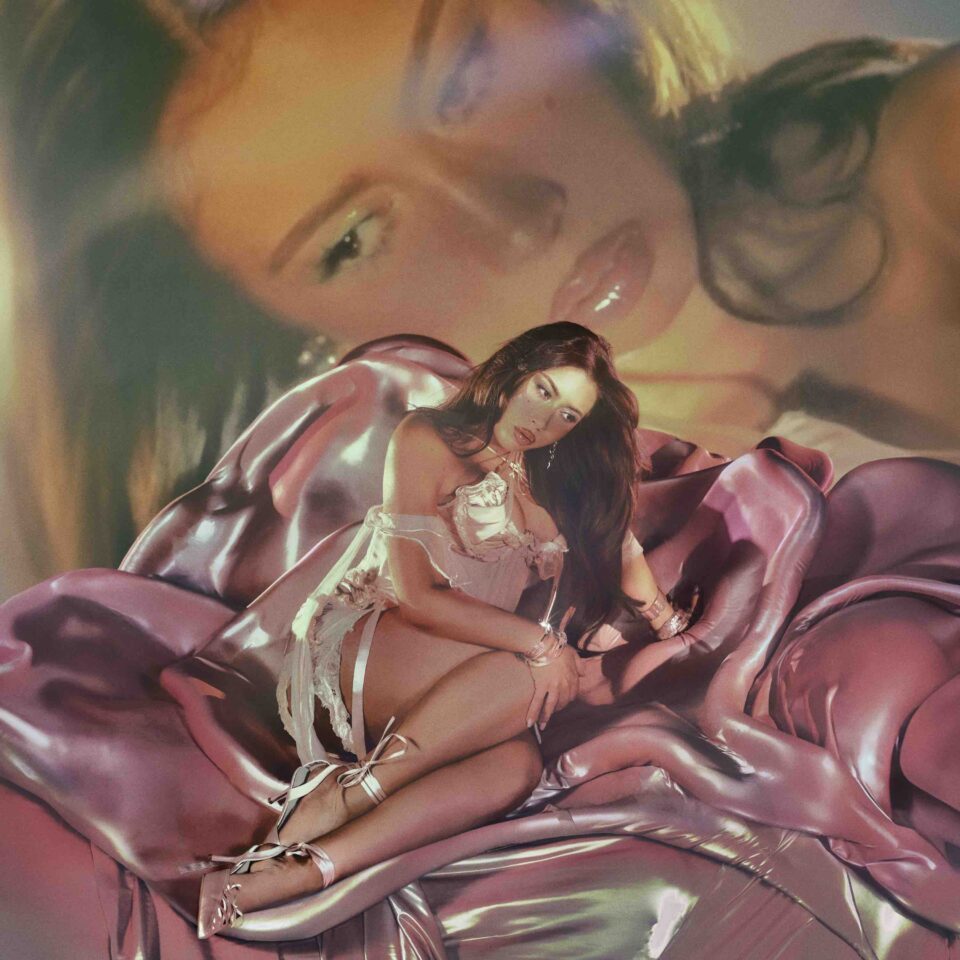
Moving from the synth-dembow-pop of last year’s Orquídeas to dreamy neo-soul, her fifth album sees Uchis adapt the tripling axis of joy, pain, and existential dilemma into cloudy song.
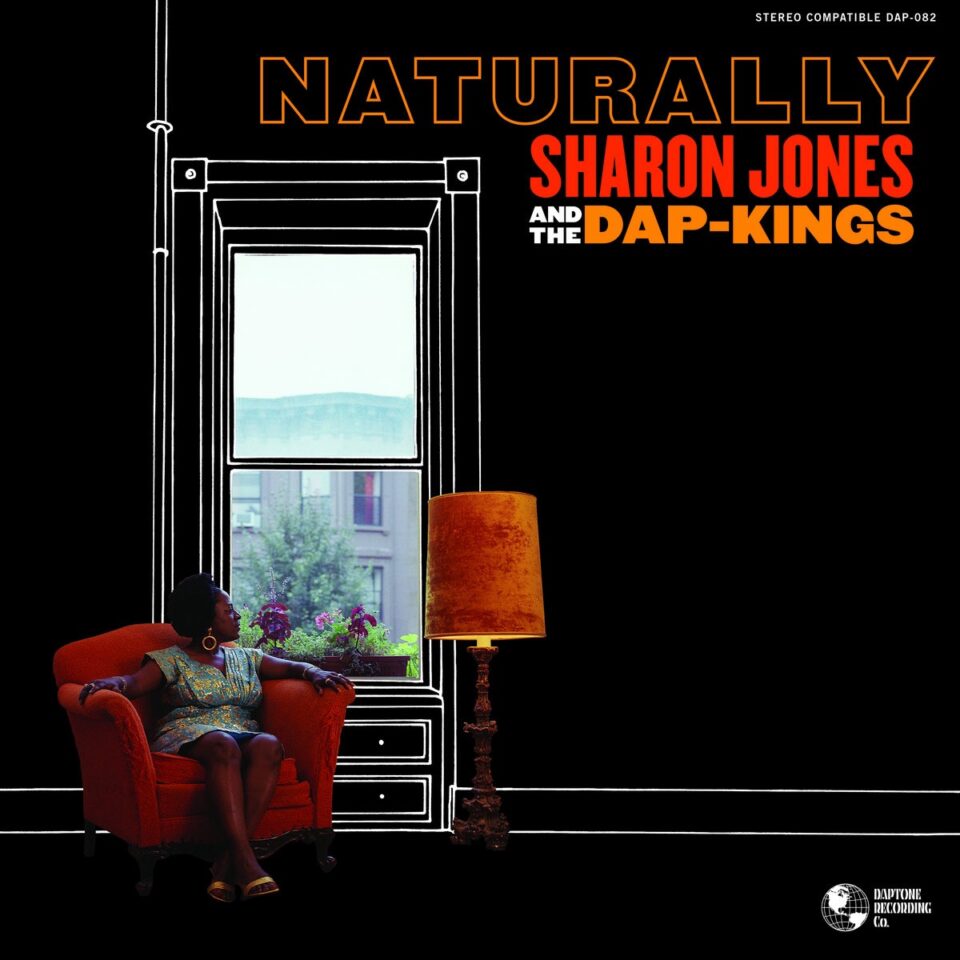
This 2005 modern classic of soul revivalism pulled itself up from the bootstraps of the group’s debut with a respect for nuance to match its need for pulsating grooviness.
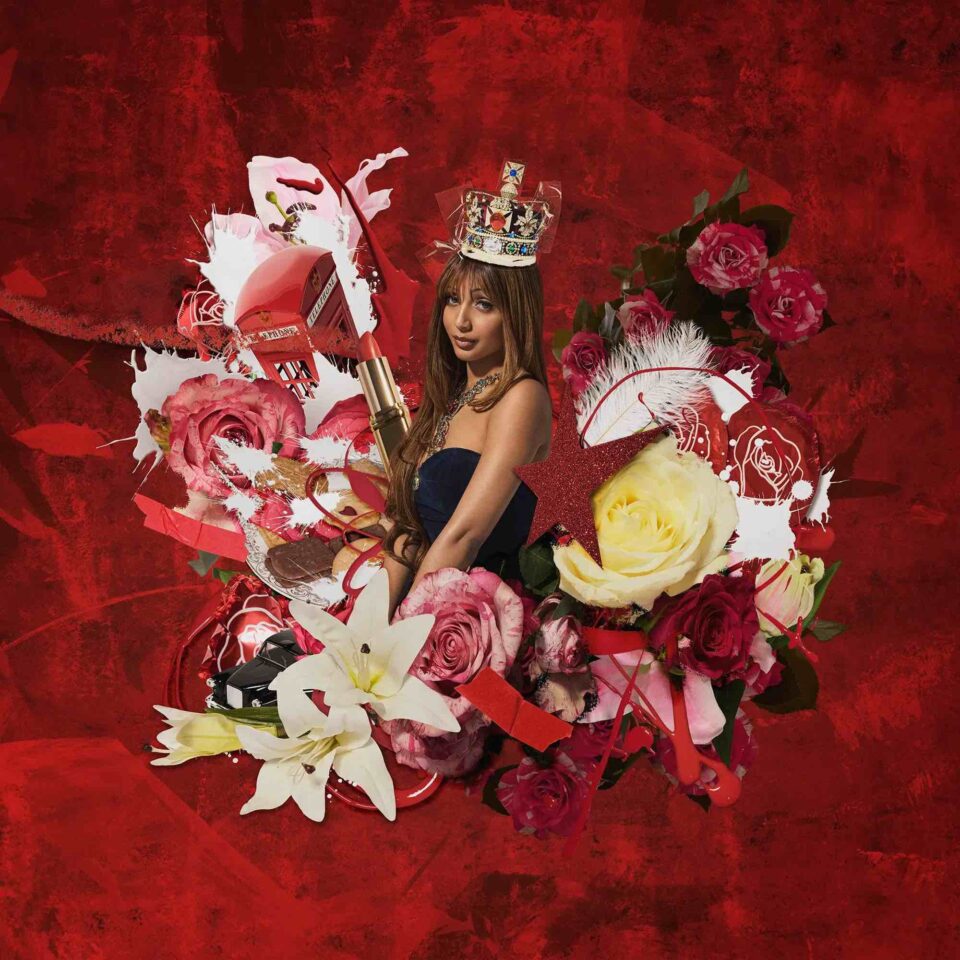
The UK artist’s second mixtape features an EP’s brevity and an album’s worth of heft, all built upon breathless, sample-heavy instrumentals that form an unlikely sense of cohesion.
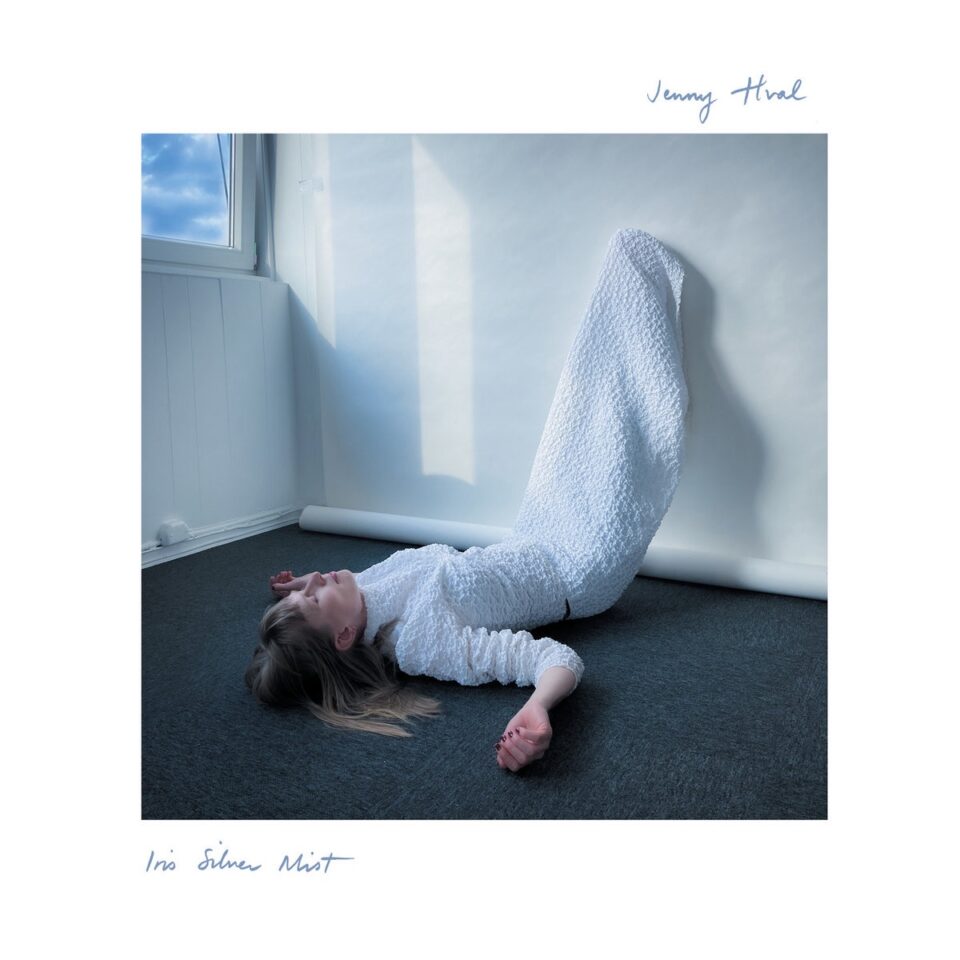
The Norwegian art-pop songwriter’s seventh album aims to incorporate senses beyond sound to more completely immerse the listener (and smeller) into her constructed domestic space.

